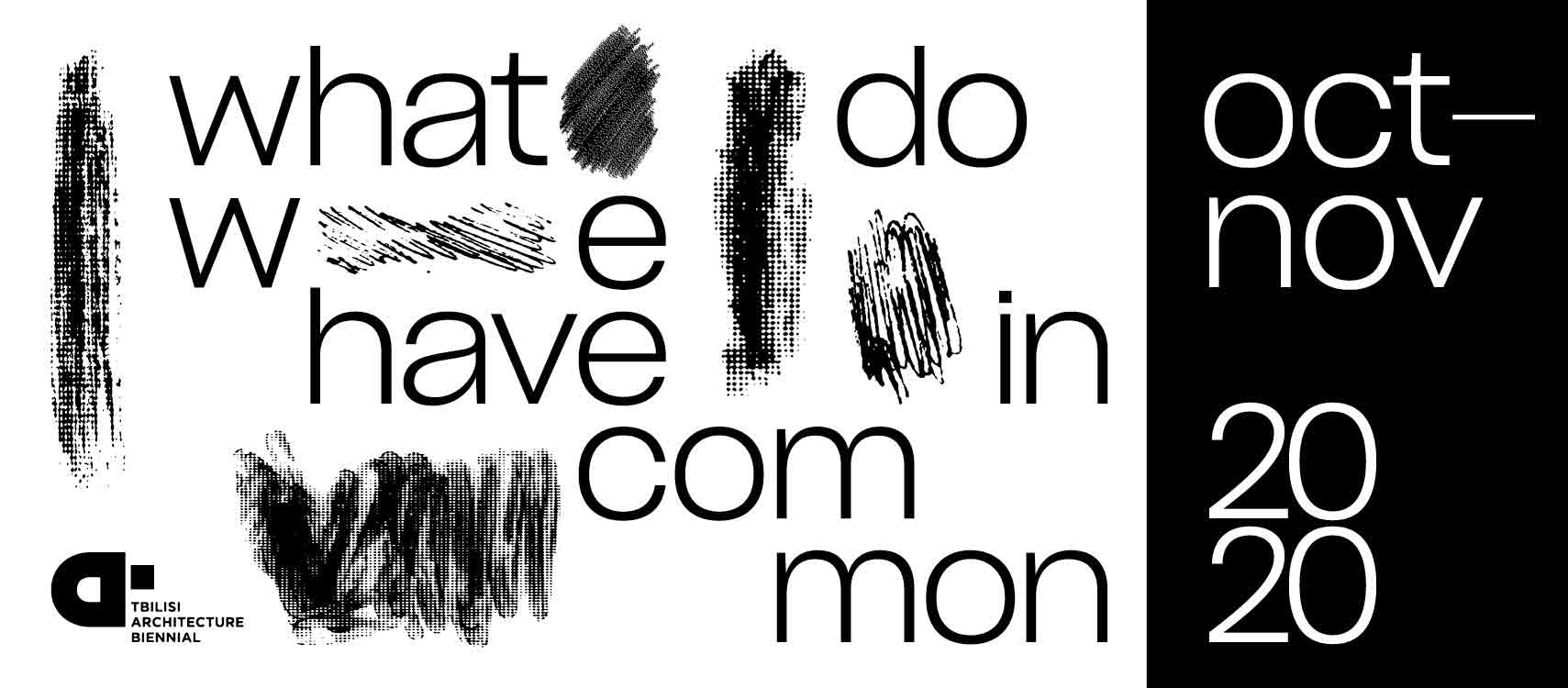- 26 Haziran 2020
- 5210 defa okundu.
Tiflis Mimarlık Bienali 2020
Bu yıl, "Ortak noktamız ne?" konusuna odaklanan Tiflis Mimarlık Bienali, 17 Ekim - 8 Kasım tarihleri arasında yapılacak. Son başvuru tarihi 31 Temmuz.

The second edition of the Tbilisi Architecture Biennial, which is conceived under the name What Do We Have in Common proposes to take a closer look at the notion of commonness in our increasingly individualized and fragmented societies. After the dramatic collapse of the Soviet Union, several barely recognized countries were added to the world map. These newly born “post-socialist” states had to undergo an inevitable but painful transformation from planned to market economy – economic transition that has been expressed in both the city‘s cultural norms and its urban fabric. A “collectively” organized society became increasingly individualized, the planned urban spaces turned into more fragmented and divided ones. Entire process of urban and socio-economic transition seemed to forget the feeling of common space and collectivity. Spaces of common inhabitation and collective use have become predominantly infrastructural, turning into spaces of transition and uninterrupted functionality.
In our local reality the post-soviet spatial, political and social transformation has been accompanied by many new understandings and an urban vocabulary. The understanding of common space has developed into a very complex issue. By questioning the notion of the “common” we would like to address several layers of urban space in Tbilisi, and explore the internal and external, the material and imaginary, through examining the significance of the transformation processes and the consequences it has had on common space. The staircases, neighborhood patios, thresholds, roofs of the residential blocks, public parks and squares, rarely or unused public/private buildings, shared self-governed open spaces – they all belong to the beginnings of a “common” urban vocabulary that we attempt to enrich, study and research, by investigating ownership structures, “common” space transformations, everyday spatial common practices, the spaces of resistance and much more.
Important dates
Submissions open: 22 June 2020
Submissions close: 31 July 2020
Selections announced: 17 August 2020
For further information please click here.

